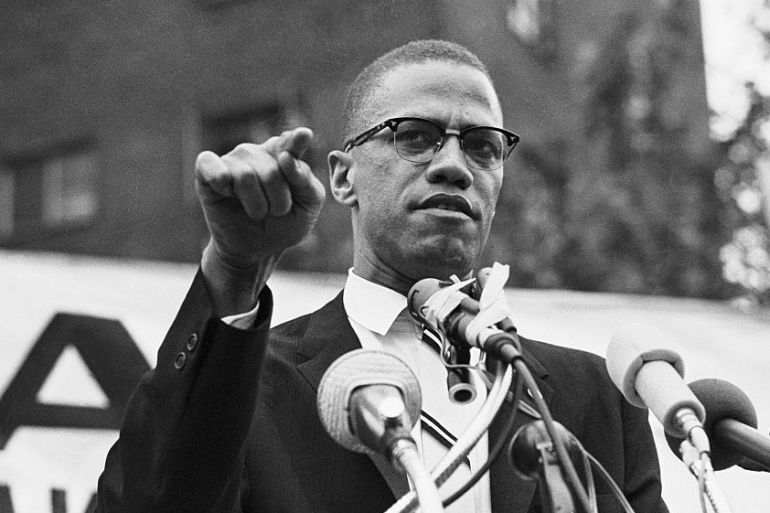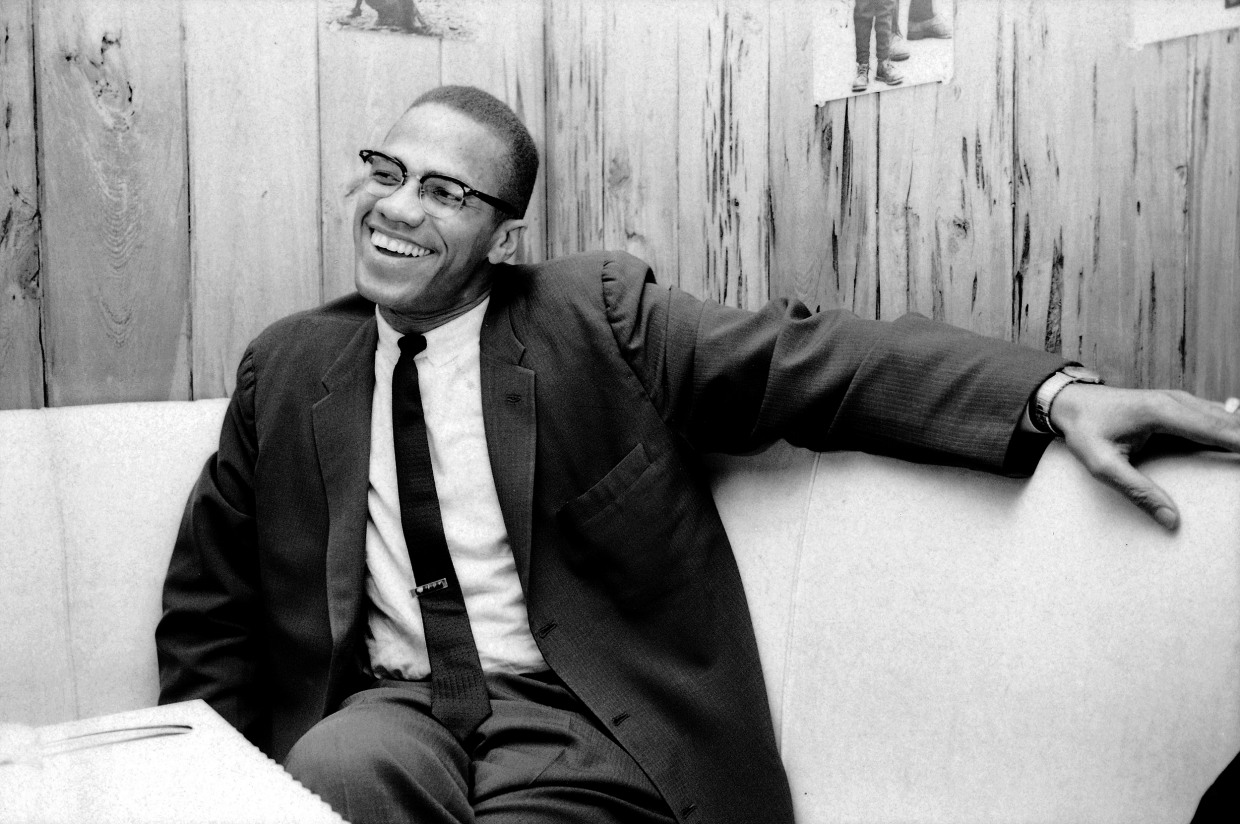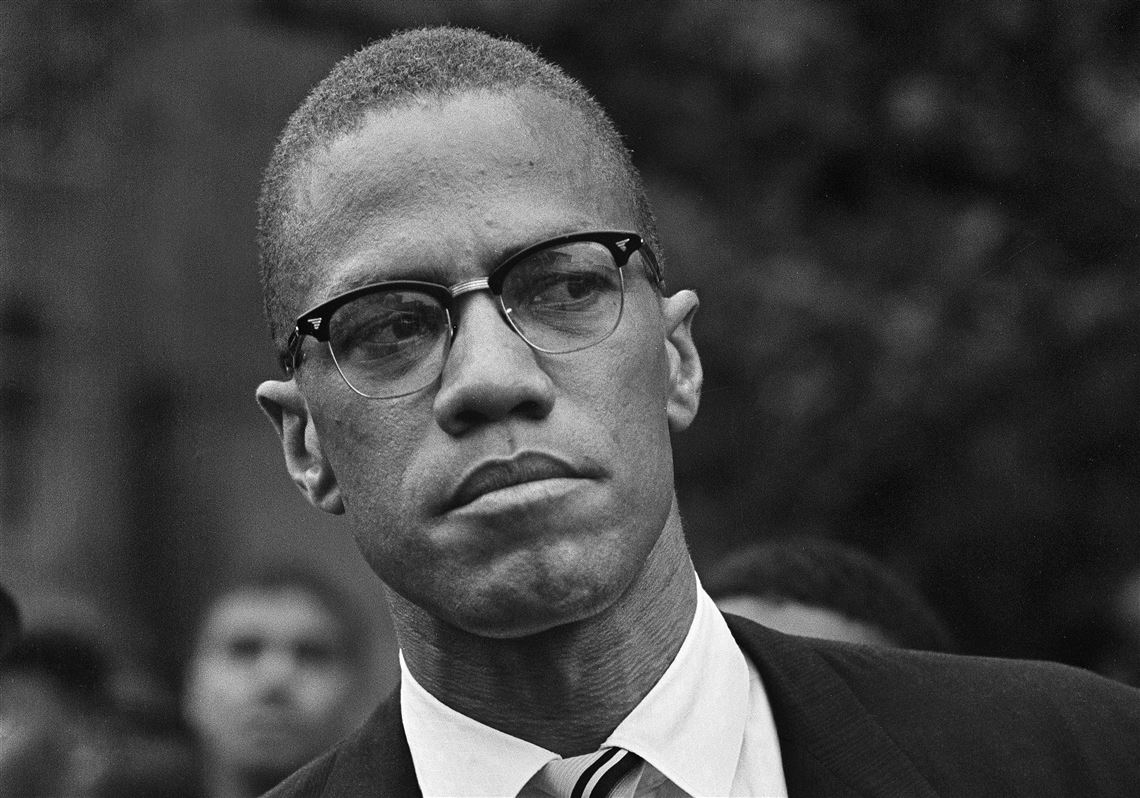Malcolm X: A Legacy of Activism, Identity, and Transformation
Introduction:
Malcolm X, born Malcolm Little on May 19, 1925, in Omaha, Nebraska, emerged as one of the most influential figures in the American civil rights movement. His journey from a troubled youth to a prominent leader is a testament to the power of personal transformation and the resilience of the human spirit. Malcolm X's advocacy for black empowerment, his critique of systemic racism, and his uncompromising commitment to justice continue to inspire generations of activists around the world. This essay explores the life, ideology, and enduring legacy of Malcolm X.
Early Life and Influences:
Malcolm X's childhood was marked by adversity and instability. His father, Earl Little, was a Baptist minister and a vocal supporter of Marcus Garvey's Back-to-Africa movement, which advocated for black pride and self-reliance. However, the family faced constant threats and harassment from white supremacist groups, forcing them to relocate several times during Malcolm's early years.
Tragedy struck the family when Malcolm was just six years old, with the death of his father under mysterious circumstances. His mother, Louise Little, struggled to support her eight children as a single parent. Eventually, she suffered a mental breakdown and was institutionalized, leaving Malcolm and his siblings to be placed in foster care.
Despite these challenges, Malcolm X demonstrated exceptional intelligence and academic ability. However, his experiences with racism and discrimination shaped his worldview from a young age. As a teenager, he moved to Boston to live with his half-sister, Ella, where he became involved in petty crime and was eventually arrested and sentenced to prison for burglary.
Transformation in Prison::max_bytes(150000):strip_icc()/51404902-56a617a23df78cf7728b4b26.jpg)
It was during his time in prison that Malcolm X underwent a profound transformation. Inspired by his brother Reginald, who had converted to Islam while serving time, Malcolm delved into the teachings of the Nation of Islam (NOI), a black nationalist religious organization led by Elijah Muhammad. He embraced the NOI's message of black pride, self-determination, and separatism, rejecting the nonviolent approach of the mainstream civil rights movement led by figures like Martin Luther King Jr.
Under the guidance of Elijah Muhammad, Malcolm X immersed himself in the study of Islam and African history, shedding his "slave" name and adopting the surname "X" to symbolize his lost African identity. He emerged from prison in 1952 as a devoted follower and charismatic spokesman for the Nation of Islam, advocating for black separatism and the establishment of a separate black nation.
Rise to Prominence:
Malcolm X quickly rose through the ranks of the Nation of Islam, attracting attention for his fiery oratory and uncompromising stance against white supremacy. As the organization's national spokesman, he traveled across the country, spreading its message of black empowerment and challenging white America to confront its legacy of racism and oppression.
His influence grew exponentially in the 1960s, as the civil rights movement gained momentum and racial tensions escalated. Malcolm X's sharp critique of integrationism and his call for black self-defense resonated with many African Americans who were disillusioned with the slow progress of desegregation and the persistence of institutional racism.
At the same time, Malcolm X's radical rhetoric and confrontational style drew criticism from both white and black leaders who viewed him as divisive and extremist. He clashed with the leadership of the Nation of Islam, particularly Elijah Muhammad, over issues of personal loyalty and doctrinal differences. In 1964, he officially split from the organization and founded his own religious and political movement, Muslim Mosque, Inc., and the Organization of Afro-American Unity (OAAU).
Evolution of Ideology:
Malcolm X's departure from the Nation of Islam marked a turning point in his ideological evolution. He embarked on a pilgrimage to Mecca, a transformative experience that exposed him to the diversity of the Muslim world and challenged his earlier beliefs about race and identity. He returned to the United States with a more inclusive vision of Islam and a renewed commitment to racial unity and social justice.
In his final years, Malcolm X became increasingly vocal in his condemnation of racial injustice and imperialism on a global scale. He spoke out against U.S. involvement in Vietnam and expressed solidarity with liberation movements in Africa and Asia. His efforts to build alliances with other marginalized groups, including Latinos, Native Americans, and working-class whites, reflected his belief in the interconnectedness of struggles for liberation.
Assassination and Legacy:
Tragically, Malcolm X's life was cut short on February 21, 1965, when he was assassinated while delivering a speech at the Audubon Ballroom in Harlem. His death sent shockwaves through the African American community and the world, depriving the movement of one of its most dynamic and charismatic leaders.
However, Malcolm X's legacy endured long after his death, inspiring subsequent generations of activists to continue the fight for racial equality and social justice. His autobiography, co-written with Alex Haley and published shortly after his death, became a seminal work that introduced millions of readers to his life story and his vision for a more just and equitable society. Malcolm X's influence can be seen in the Black Power movement of the late 1960s and 1970s, which embraced his message of self-determination and resistance. His advocacy for black economic empowerment and community self-reliance laid the groundwork for initiatives like the Black Panther Party's free breakfast program and community clinics.
Malcolm X's influence can be seen in the Black Power movement of the late 1960s and 1970s, which embraced his message of self-determination and resistance. His advocacy for black economic empowerment and community self-reliance laid the groundwork for initiatives like the Black Panther Party's free breakfast program and community clinics.
Moreover, Malcolm X's emphasis on cultural pride and identity resonated with subsequent generations of African Americans, contributing to the growth of movements like Afrocentrism and the celebration of Kwanzaa as a holiday of black unity and self-determination.
Conclusion:
Malcolm X's life and legacy continue to inspire and challenge us to confront the enduring legacies of racism, inequality, and injustice. His journey from a troubled youth to a visionary leader is a testament to the transformative power of education, self-discovery, and collective action. As we commemorate his legacy, let us recommit ourselves to the ongoing struggle for freedom, dignity, and equality for all.



















































